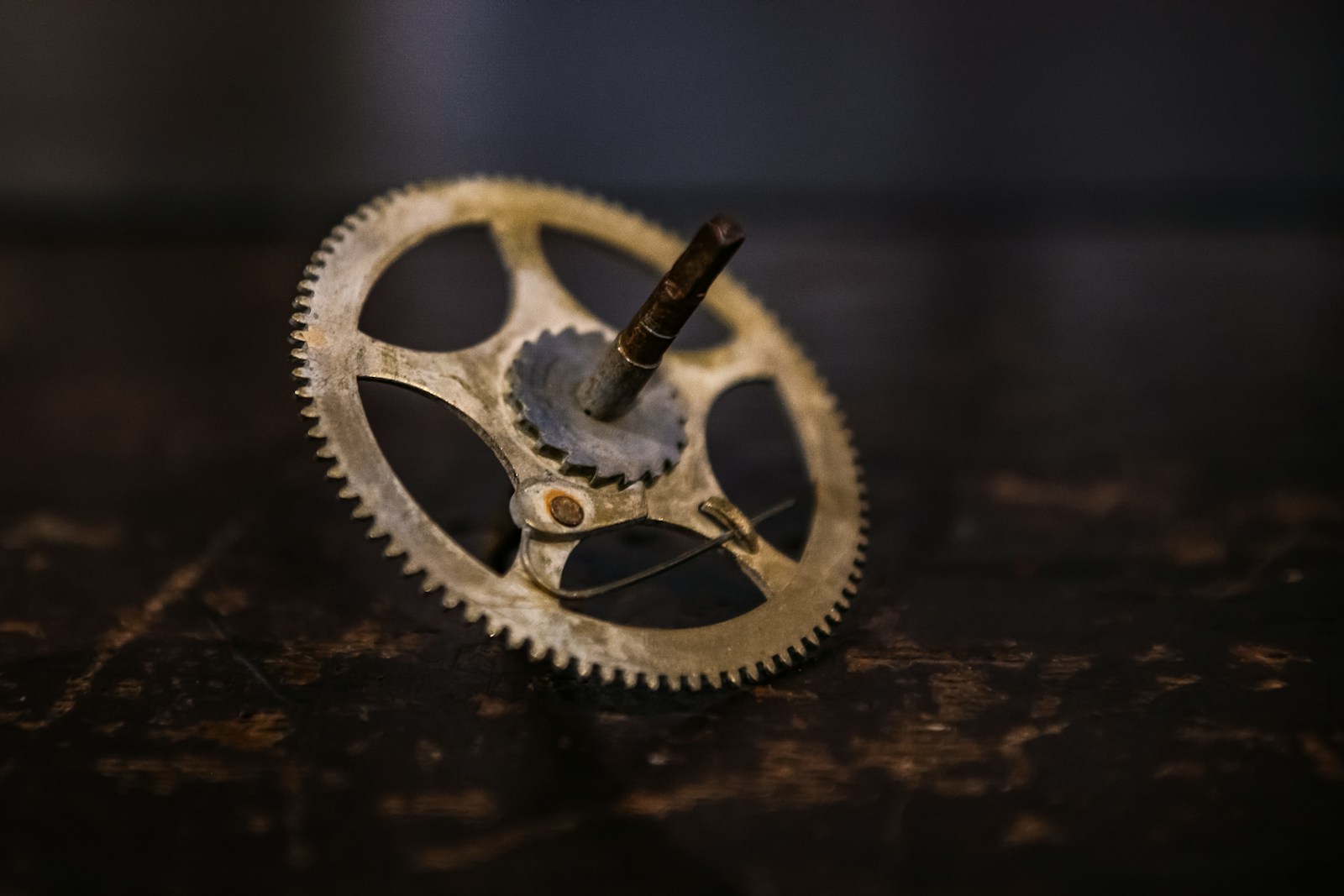Antique clocks hold a special charm for collectors. Whether you are just starting your collection or are a seasoned collector, there are always tips and tricks to keep in mind when it comes to acquiring and maintaining these timeless pieces. Vintage clocks, old clocks, and grandfather clocks all have their unique characteristics and require specific care and attention. Here are some essential tips for antique clock collectors to help you make informed decisions and preserve the beauty of your collection.
First and foremost, it is crucial to educate yourself about the different types of antique clocks available in the market. Understanding the history, craftsmanship, and value of vintage clocks will not only enhance your appreciation for these timepieces but also help you make informed purchasing decisions. Whether you are interested in mantel clocks, wall clocks, or tall case clocks, each type has its own unique features and characteristics that set them apart.
When purchasing antique clocks, always buy from reputable dealers or auction houses. This will ensure that you are getting authentic pieces and not replicas or fakes. Inspect the clock carefully for any signs of damage or repairs, as this can affect its value and authenticity. Look for any missing parts or replaced components, as these can also impact the overall value of the clock.
Once you have acquired an antique clock, proper maintenance is key to preserving its beauty and functionality. Regularly dusting and cleaning the clock with a soft, dry cloth will help prevent dirt and dust from accumulating on the delicate mechanisms. Avoid using harsh chemicals or abrasive materials that can damage the finish or components of the clock.
It is also important to keep antique clocks away from direct sunlight, extreme temperatures, and humidity. Exposure to these elements can cause the wood to warp, the metal to corrode, and the mechanisms to malfunction. Place your clocks in a stable environment with consistent temperature and humidity levels to ensure their longevity.
When it comes to grandfather clocks, regular winding and maintenance are essential to keep them running smoothly. Follow the manufacturer’s instructions for winding the clock and make sure to oil the mechanisms periodically to prevent wear and tear. If you are unsure about how to properly care for your grandfather clock, consult a professional clockmaker for guidance.
Lastly, be mindful of the value of your antique clock collection. Keep detailed records of each clock, including its provenance, history, and any repairs or restorations that have been done. This will not only help you track the value of your collection over time but also provide documentation for insurance purposes.
In conclusion, collecting antique clocks can be a rewarding and fulfilling hobby for enthusiasts. By following these essential tips for antique clock collectors, you can ensure that your collection remains in pristine condition and retains its value for years to come. Remember to educate yourself, purchase from reputable sources, maintain your clocks properly, and keep detailed records of your collection. With proper care and attention, your vintage clocks, old clocks, and grandfather clocks will continue to be cherished heirlooms for generations to come.
